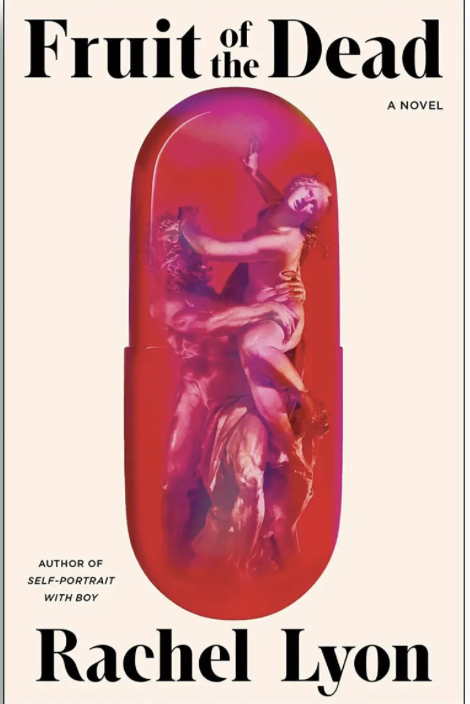Another Wednesday Weekly Blog Challenge from Long and Short Reviews. So tempting to choose an anti-hero, who’s “a villain” but also the protagonist. I’m currently enjoying the Dead Boys Detectives from the Neil Gaiman‘s Sandman Universe (which he says he’s “not particularly” interested in creating as a cinematic universe though seems on the slippery slope to do so), so Lucifer comes to mind.
It was a great series – classic detective/cop buddy show, if one of them was the literal devil. Great comedic edge.
But to choose Lucifer seems like cheating. And rooting for Hector over Achilles in The Iliad doesn’t seem to fit either, because Hector isn’t really a villain (and I’m not convinced Achilles’ is the protagonist).
I know there’s been occasions where I’ve thought the heroes so incompetent that I am a little rooting for them to just get taken out by the villains, but usually those stories are bad enough that I don’t remember them even if I did stick around to finish them.
Now I’m trying to think of stories were the heroes are upholding the social norms we are supposed to root for but I don’t actually do so, so I’d root for the villain. Again, I’m sure I’ve read such, but can’t think of any off hand.
Ugh. I think I’m going to go back to my cheating first thought and stick with the Devil, Lucifer from the Sandman Universe. And Crawley and Adam the Anti-Christ fit in there too.

